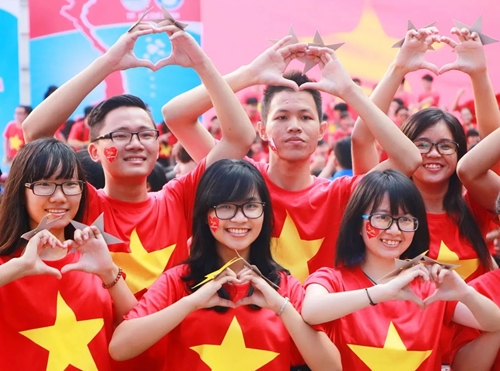July 01, 2025 | 22:20 (GMT+7)
Vietnam to defend human rights record at U.N. dialogue
As Vietnam is gearing up for its fourth dialogue with the United Nations Human Rights Committee (UNHRC) in Geneva, Switzerland, on July 7-8, the country is doubling down on its commitment to the International Covenant on Civil and Political Rights (ICCPR), one of the world’s most important human rights treaties.
The treaty, adopted by the U.N. General Assembly in 1966 and came in force in 1976, enshrines a wide array of civil and political rights to individuals and counts 174 member states.
    |
 |
|
Vietnam to defend human rights record at U.N. dialogue (Photo for illustration) |
Vietnam, a party to the ICCPR since September 24, 1982, has spent 43 years navigating its obligations, according to Dao Quy Loc, Deputy Director of the Department of International Cooperation at the Ministry of Justice (MoJ).
Initially overseen by the Ministry of Foreign Affairs, which submitted reports in 1989 and 2001, the responsibility for ICCPR compliance shifted to the Ministry of Justice (MoJ) in 2014 to better align with domestic legal reforms. Since then, the MoJ has coordinated with other ministries and agencies to step up the implementation and prepare periodic reports.
Vietnam submitted its fourth report covering 2019 to 2022 to the UNHRC on March 22, 2023, and responded to the committee’s list of issues on December 19, 2024.
At the upcoming dialogue, Vietnam plans to highlight five priorities: advancing self-determination to foster peaceful international relations, promoting legal and governance reforms to build a socialist rule-of-law state, following past U.N. recommendations, aligning ICCPR obligations with national legal and socio-economic conditions, and bolstering protection for civil and political rights while addressing climate change impacts on vulnerable groups.
The country will showcase legal reforms, including the abolition of the death penalty for eight crimes in the Penal Code, the passage of the Law on Juvenile Justice, and amendments to the Law on Human Trafficking Prevention and Combat.
Source: VNA